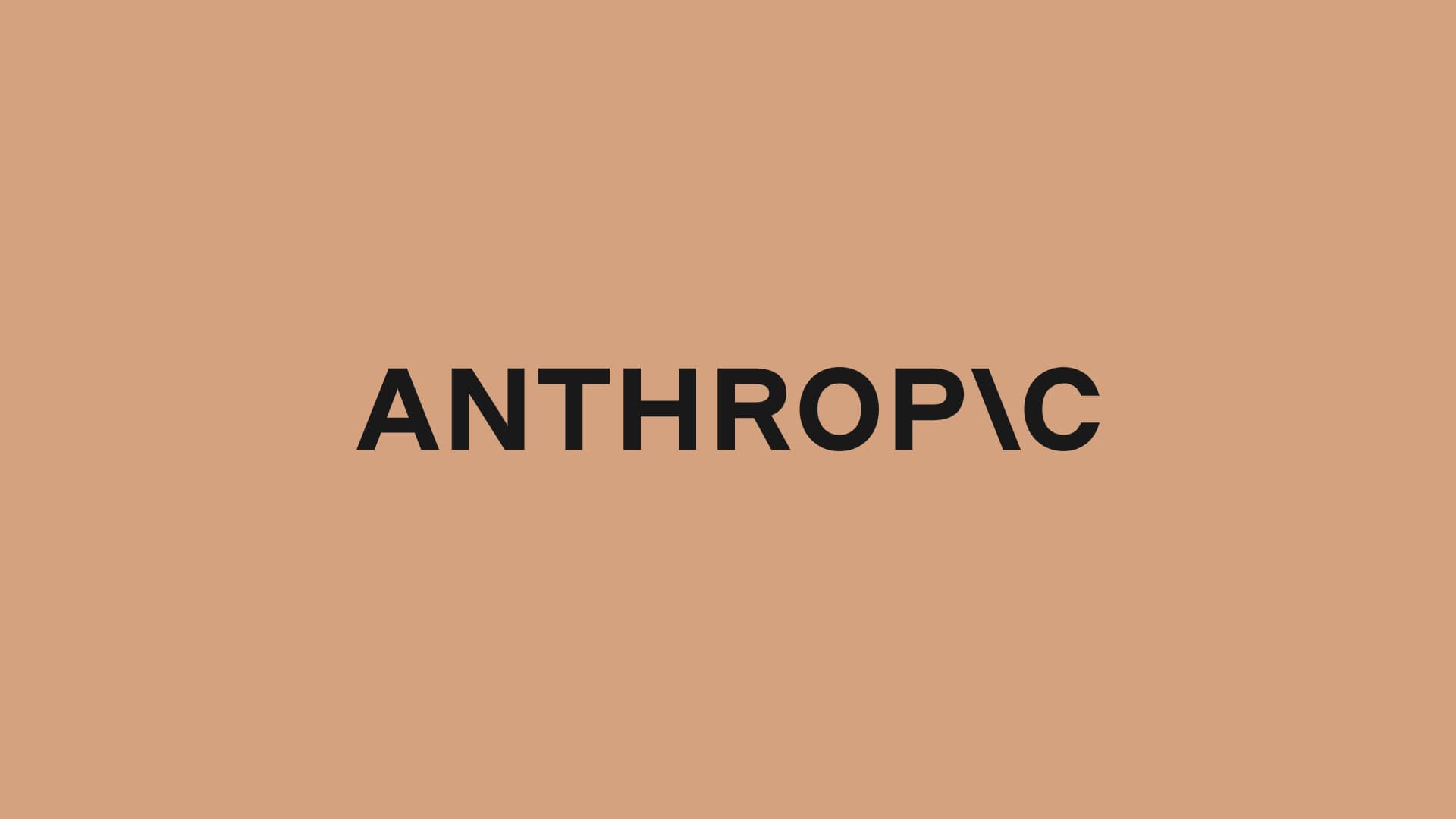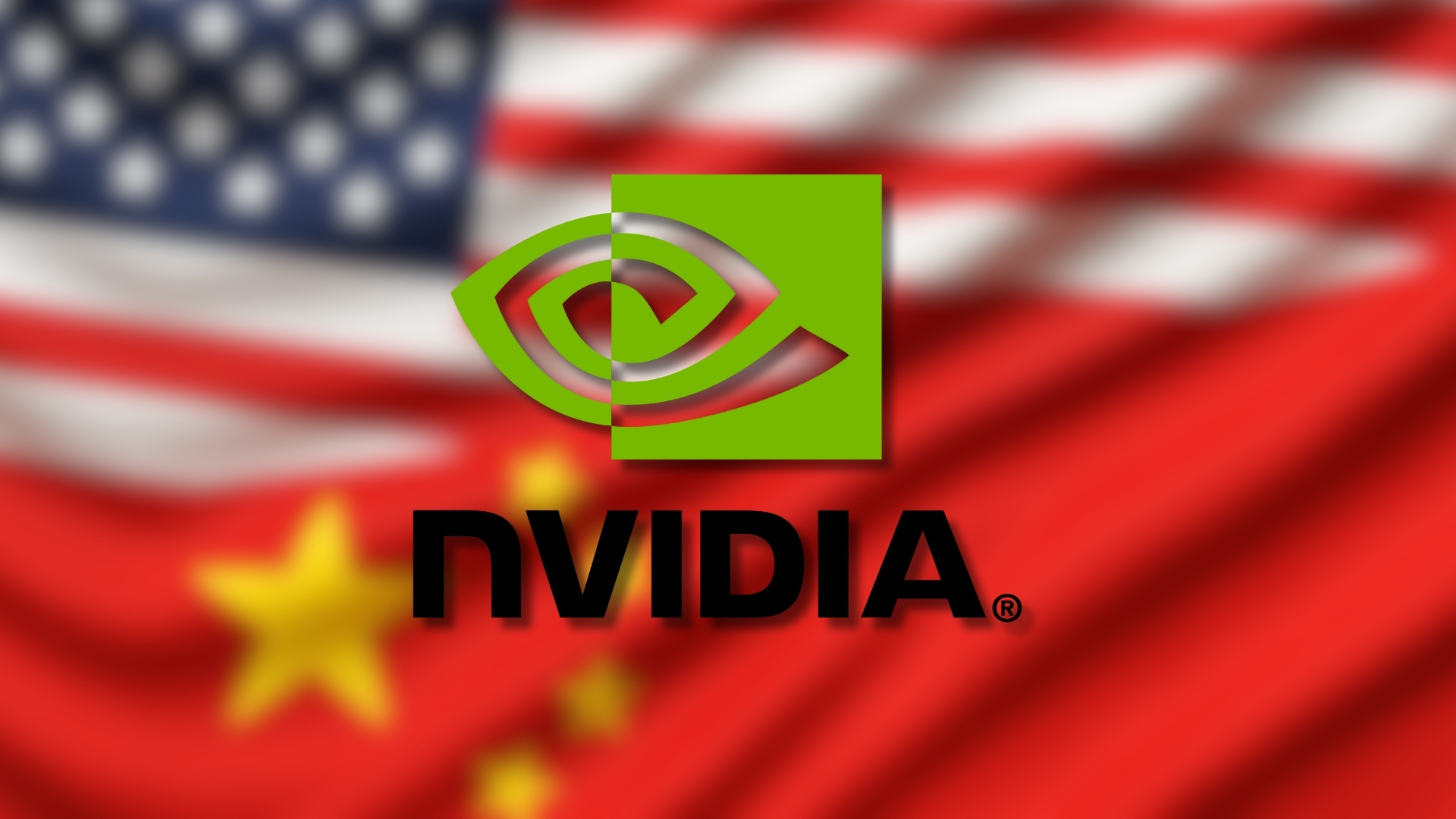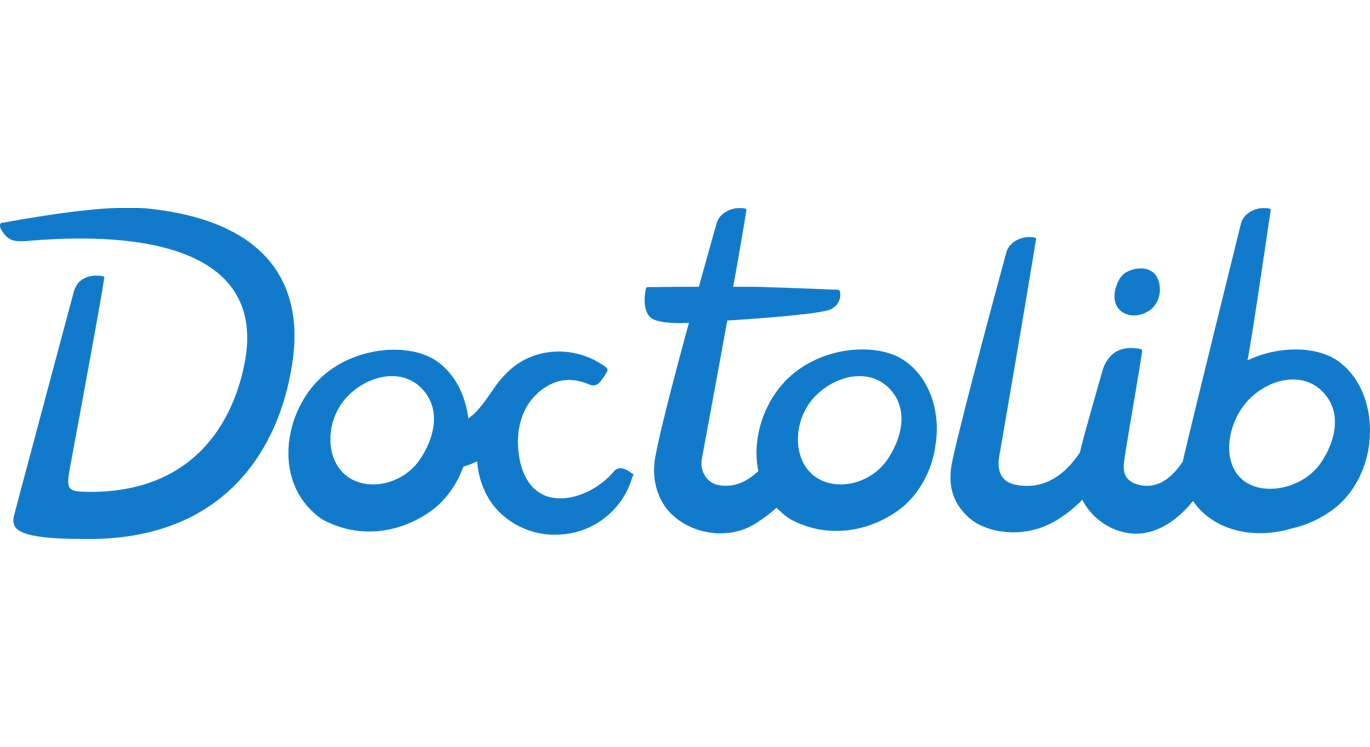Finland will introduce stricter reporting obligations for crypto asset service providers from 2026 as part of international efforts to enhance tax transparency.
The move aligns with the OECD’s Crypto Asset Reporting Framework (CARF), which aims to standardise the exchange of crypto-related tax information globally. More than 70 countries and jurisdictions have already committed to the framework.
Finnish and foreign crypto providers must collect and report users’ transaction data, including purchases, sales, and transfers. The Finnish Tax Administration will begin receiving annual reports in 2027, enabling cross-border exchange under the CARF and the amended EU DAC8 directive.
The government proposal, due for parliamentary debate in autumn 2025, would extend Finland’s reporting requirements beyond international standards. Providers must also supply data allowing authorities to calculate capital gains and losses for Finnish residents and estates.
The Tax Administration will review and update its guidance on financial account reporting to align with these changes.
Despite the increased flow of information, individuals trading crypto assets will still need to declare profits, losses, and related income in their annual tax returns. The first international exchange of crypto asset data is expected to take place by September 2027.
Would you like to learn more about AI, tech and digital diplomacy? If so, ask our Diplo chatbot!










